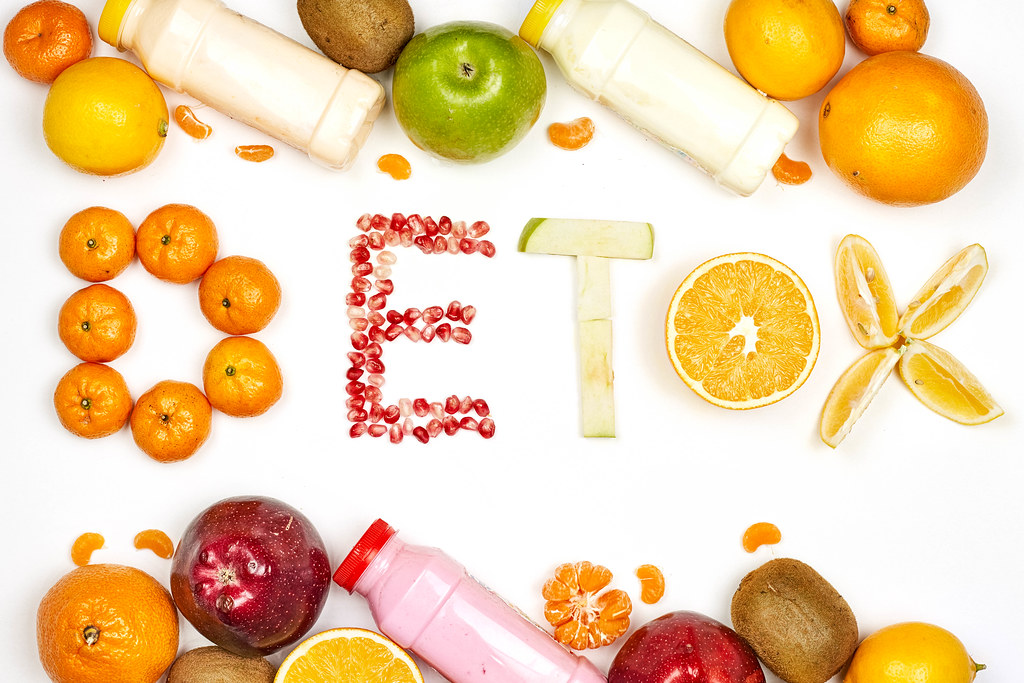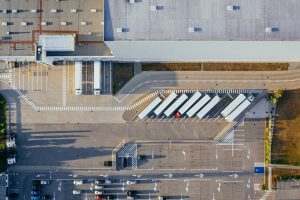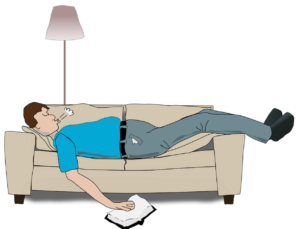Face it. Being gassy is not fun, and it can be embarrassing. However, everyone does it, and it is a natural process. You have bacteria in your gut that produces gas, and it needs to get out somehow. A little gas here and there is normal, but if you are excessively gassy, that is usually a sign that something is not quite right. Plus, if you are experiencing extra gas, there is a good chance you have additional symptoms such as bloating and abdominal discomfort. There are numerous factors that could be contributing to your problem, and the good news is that it is possible to reduce gas and bloating naturally.
Analyzing Your Current Diet & Daily Eating Habits

A big factor in gas production is what you eat and your eating habits. Avoiding the culprits and using detox products typically help. Here are some common things that generally contribute to excess bloating and gas:
- High fiber foods: Although fiber has many benefits, it can cause excess gas, especially if you eat too much of it or do not drink enough water. Common culprits include beans, cruciferous veggies, whole grains, and fresh fruit.
- Eating too much or too quickly: If you eat a large meal, especially a fatty one, it takes longer to digest, which can cause gas buildup. Eating too quickly introduces extra air, which results in gas.
- Food sensitivities: Food sensitivities and allergies show up as bloating and gas because your body has difficulty digesting the food. It is common for people to have issues with wheat or gluten, dairy, spicy foods, acidic foods, and fructose.
- Carbonated drinks: These introduce extra bubbles to the system. Examples of beverages you should limit are sodas, sparkling water, and sparkling wine.
- Sugar alcohols and artificial sweeteners: Found in sugarless gum and other sugar-free items, these sweeteners increase the amount of gas.
- Swallowing excess air: You can ingest excess air a number of ways, including chewing gum, swallowing food too fast, drinking through a straw, and breathing through your mouth at night.
- Lack of movement after eating: Inactivity after eating can contribute to gas. Try taking a short walk or doing abdominal stretching to help move your food through.
- Gastrointestinal issue: If you try eating differently or avoiding certain foods and the excess gas continues, you may have a GI condition such as Crohn’s, IBS, or celiac disease.
How a Cleanse can Improve Common Gas & Bloating

Although gas and bloating are common, they are not typically comfortable. A digestive detox cleanse helps to improve digestive discomfort. A cleanse goes through your digestive system and removes things, such as toxins, spoiled food, viruses, bad bacteria, and harmful chemicals, that are causing stomach and intestinal issues. This results in a clear playing field so your digestion works as it should.
A detox cleanse can be done as needed or monthly to regularly clean out the GI tract. It is hard to avoid everything that causes bloating and gas, so it is nice to know there are options to clear things out when there is digestive pain.





